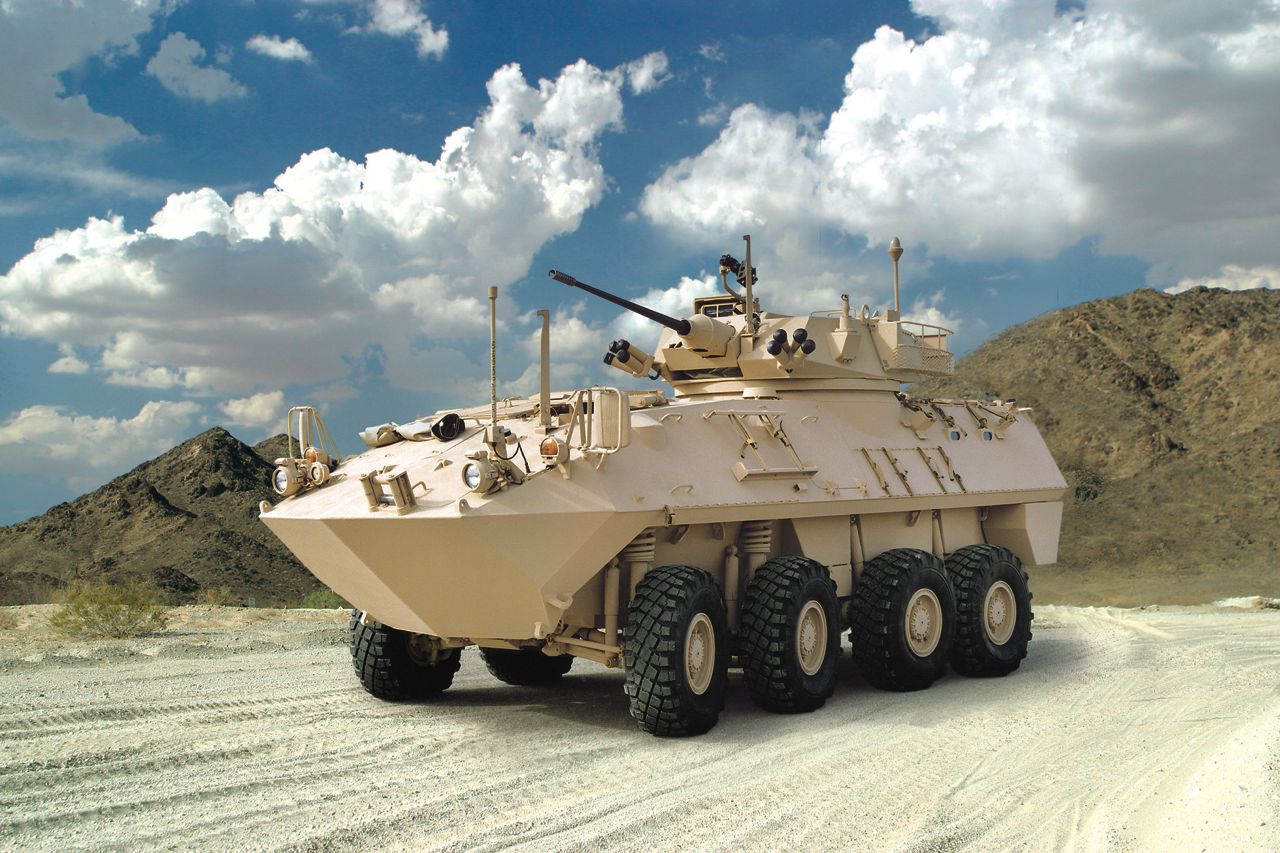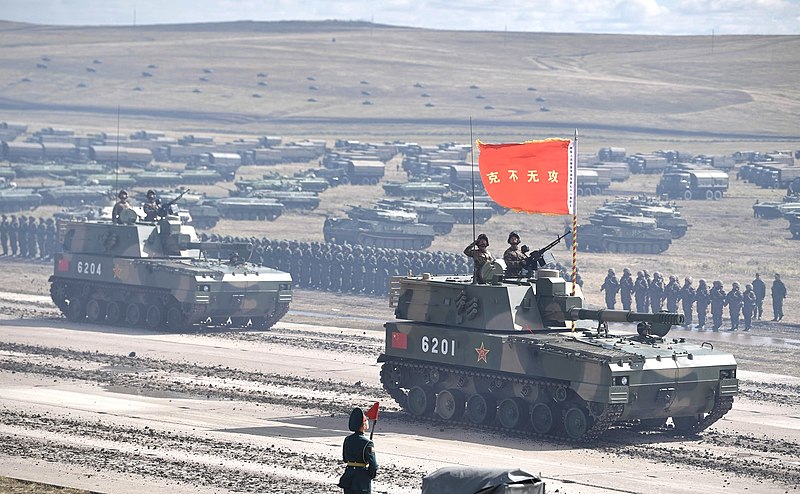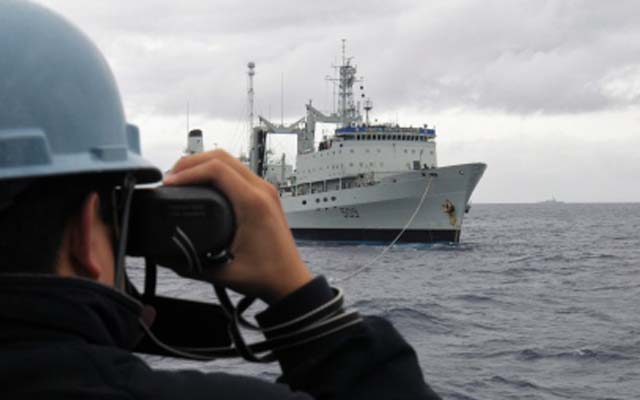The Department of Foreign Affairs, Trade, and Development (DFATD) recently announced the “Largest Advanced Manufacturing Win in Canada’s History.” A massive contract, valued at roughly $10 billion over 14 years, was awarded to General Dynamics Land Systems-Canada (GDLS) to supply light-armoured vehicles, or LAVs, and associated equipment, training, and support, to Saudi Arabia. GDLS’ LAVs were an important component of Canada’s Afghanistan mission, playing a critical role in safely transporting troops and operating as a versatile multi-role combat vehicle. Saudi Arabia’s procurement of the Canadian-made LAVs began in 2010 as the result of a series of trade missions. The most recent effort is expected to be a boon both for employment “across every region of Canada,” and for expanding the reach and capability of a key defence contractor that Canada currently relies on for some of its own procurement endeavours.
[captionpix align=”left” theme=”elegant” width=”300″ imgsrc=”http://natoassociation.ca/wp-content/uploads/2014/02/14920f.jpg”]
Canadian defence technology and arms exports have been growing steadily over the past several years. The Canadian Association of Defence and Security Industries (CADSI), which represents nearly 1000 companies selling to the defence and public security markets, stated that it is aiming to help its members double their exports over five years, from $6.4 billion to $12 billion by 2016. The vast majority of recipients of Canadian defence exports are other NATO members, but a significant part of the growth in this sector is with non-members. While the economic benefits are clear, many have decried the increase in trade of defence technology, arguing it has led to an erosion of the principles that underpin Canadian Foreign Policy. The government was silent, for example, after the Saudi-owned and operated, Canadian-made, LAVs participated in quashing anti-government protests in Bahrain during the early stages of the Arab Spring. More than 30 protesters were killed, hundreds were wounded, and roughly 3000 were arrested.
Canada currently controls the export of military hardware and arms through the Export Controls List. The Report on Exports of Military Goods from Canada by DFATD claims that “Canada has some of the strongest export controls in the world” and is premised on the idea it “…strives to ensure that Canadian military exports are not prejudicial to peace, security or stability in any region of the world or within any country.” Crucially, one of the main guidelines, mandated by Cabinet, is that sensitive exports are to be strictly controlled when the destination country has a “persistent record of serious violations of the human rights of their citizens, unless it can be demonstrated that there is no reasonable risk that the goods might be used against the civilian population.” Saudi Arabia’s questionable human rights record signals that the interpretation of such risk constitutes an ethical grey area.
Permit authority rests with the Minister of Foreign Affairs. The governing Conservatives have made it a top priority to leverage national defence procurement to prioritize economic benefit, some say making the needs of the armed forces subsidiary to economic considerations. Likewise, the political prioritisation of economic gain can reasonably be said to be colouring the minister’s interpretation of the export control guidelines, as well as the sustained effort to expand economic relations in regions with problematic histories of human rights abuses.
[captionpix align=”left” theme=”elegant” width=”300″ imgsrc=”http://natoassociation.ca/wp-content/uploads/2014/02/LAND_LAV-ATs_lg.jpg”]
It is also critical to point out that Saudi Arabia is a key strategic ally in the Middle East, cooperating on a variety of Western security initiatives in the region. The expanding defence trade relationship is partly justified for its role in contributing to Saudi Arabia’s capacity to defend itself and to continue to act as a conduit for Western security interests in this volatile region of the world. The tension between these traditional national security interests and the language of human security found in the Export Controls List makes explicit the challenges of expanding the market for defence technology exports in a legitimate way.
International institutionalization and agreement on difficult and ethically charged issues usually goes a long way toward reducing ambiguity where questions of legitimacy are concerned. Canada is a member of the Wassenaar Arrangement, a 41-member institution that promotes regional and international security by encouraging the transparency of national export controls. While important for setting and maintaining normative principles and standards on the traffic of defence technologies, it is a non-binding agreement. A more powerful expression of control over the trade of defence technology is the UN Arms Trade Treaty (ATT). It would legally bind states to monitor arms exports so that they do not cross existing embargoes or end up being implicated in human rights abuses. Participation in this regime helps to establish legitimate trading arrangements because it is multilaterally developed and policed, thus dissolving the grey area encountered in Canada’s current control measures. Despite the fact that the ATT has been signed by numerous countries, including the US, Canada has yet to give its signature.



